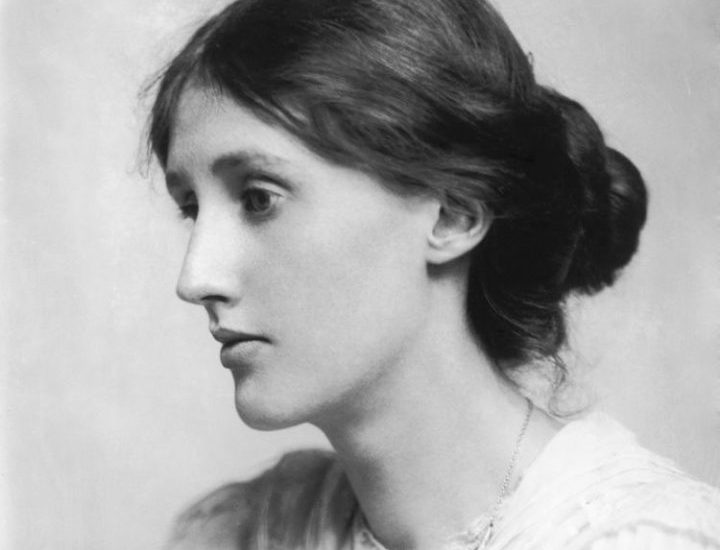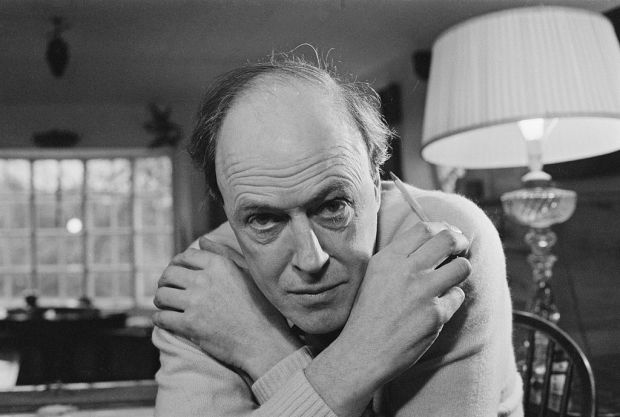I read a lot of fiction. I always have. It’s not unusual for me to have three of four books on the go at the same time, which I read in rotation, a chapter at a time. I say this not as a brag. It just is. I do it because I really enjoy doing it.
Already a subscriber? Log in
Get 10 issues
for $20
Subscribe to The Spectator Australia today for the next 10 magazine issues, plus full online access, for just $20.
- Delivery of the weekly magazine
- Unlimited access to spectator.com.au and app
- Spectator podcasts and newsletters
- Full access to spectator.co.uk
Or




















Comments
Don't miss out
Join the conversation with other Spectator Australia readers. Subscribe to leave a comment.
SUBSCRIBEAlready a subscriber? Log in